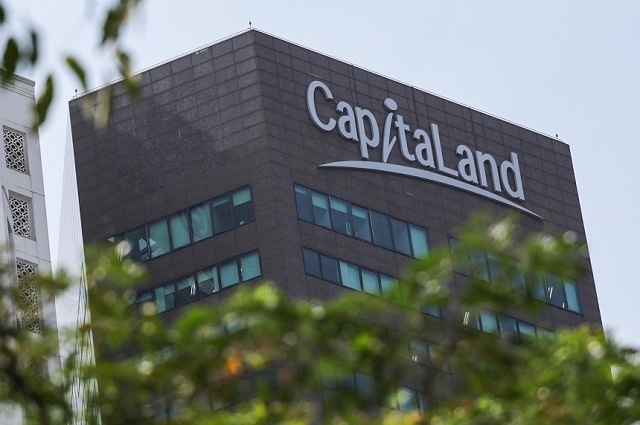 Image Source: Devdiscourse
Image Source: Devdiscourse
Sikkim made history on August 10, 2025, with the inaugural celebration of ‘Aama Samman Diwas’—a new date on the state calendar dedicated to acknowledging the immense contribution of mothers. Marked by both tribute and transformative social welfare, this initiative sees 32,000 women across Sikkim receive direct financial support of Rs 40,000 each, underscoring the government’s focus on maternal empowerment, respect, and social inclusion.
Key Highlights: Groundbreaking Recognition and Support
August 10 has been officially declared ‘Aama Samman Diwas’, now an annual event, by Chief Minister Prem Singh Tamang. The day coincides with Jan Unmukti Diwas, amplifying its personal and political resonance for the ruling SKM party and the Chief Minister, who credits the resilience and support of mothers for sustaining him and his movement during past personal hardship.
The main event was held at Rangpo Ground, attended by state officials, social welfare agencies, and thousands of beneficiaries, setting a precedent for collective tribute and policy action.
Statewide Direct Benefit Transfer: Scale, Process, and Impact
The Sikkim Aama Sasaktikaran Yojana was central to the day’s celebrations, rolling out Rs 128 crore in financial support for 32,000 mothers. Each eligible recipient will get Rs 40,000, paid in two installments—the first distributed during the event itself.
The amount is intended not just as recognition, but as practical assistance—helping mothers invest in family well-being, children’s education, and micro-business opportunities.
The scheme represents one of the largest direct benefit transfer initiatives targeting women in Sikkim’s history.
Additional Initiatives: From Domestic Support to Public Infrastructure
4,200 mothers have also been enrolled in the Sikkim Aama Sahayog Yojana, which provides financial coverage for up to four LPG cylinder refills per year—relieving household burdens and improving energy access.
The event featured the launch of ‘Aama Suvidha Ghar,’ a specially designed facility at the venue with women-centric amenities for hygiene, safety, and care, notably supporting mothers with young children attending public functions.
Broader government plans include the rollout of breastfeeding pods in public places and increased support for women’s entrepreneurship and community leadership.
Symbolism and Public Messaging: Why ‘Aama Samman Diwas’ Matters
In his keynote address, Chief Minister Tamang emphasized the unwavering patience, sacrifices, and devotion of mothers in shaping Sikkim’s social fabric, politics, and intergenerational well-being. He called mothers the “eternal pillars” and committed to further initiatives that enhance dignity, opportunity, and protection for women.
Stories shared during the celebration included personal struggles and triumphs of mothers who played active roles in the state’s history and social movements, reflecting their centrality in both private and public spheres.
Officials urged citizens to honor their parents regularly, not just on special occasions, and pledged to preserve this day as an undying tribute to maternal strength.
Political Legacy and Future Directions
The choice to dedicate Jan Unmukti Diwas (the Chief Minister’s release from prison) to mothers reframes personal experience into public policy, linking personal resilience with social empowerment.
The state government has promised to make ‘Aama Samman Diwas’ a recurring event, with plans for even larger social welfare outlays tied to maternal support next year.
Looking Ahead
The combination of respect, direct aid, and public facility improvements signals Sikkim’s leadership in gender-responsive governance. The support for thousands of mothers reverberates across economic, social, and community spheres, potentially influencing future programs elsewhere in India.
The event closed with calls to cherish and empower mothers every day, setting a cultural and policy benchmark for other states.
Sources: Sikkim Express, India Today Northeast
Advertisement
Advertisement






